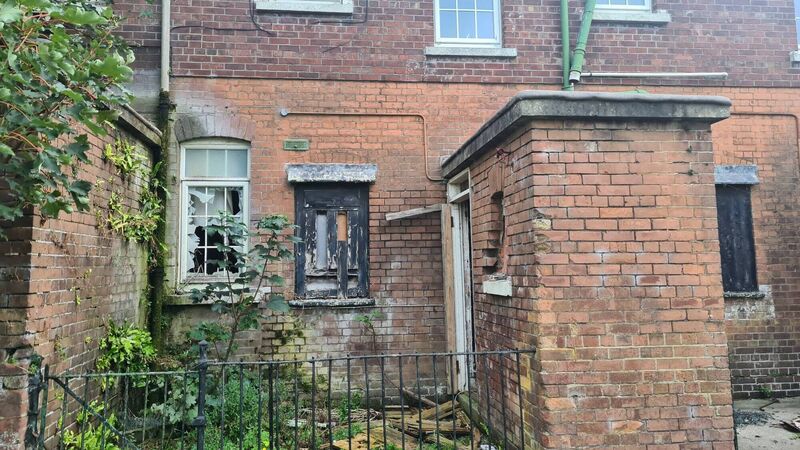Military accommodation 'crumbling' from years of neglect

Buildings and accommodation at The Curragh have been run down to its current state of neglect as a result of a lack of investment.
It was once described as the 'Jewel in the Crown' of army barracks when vacated by the British after the War of Independence and is supposed to be the country's flagship military camp.
But it's crumbling away like many other military installations from years of neglect by successive governments.











